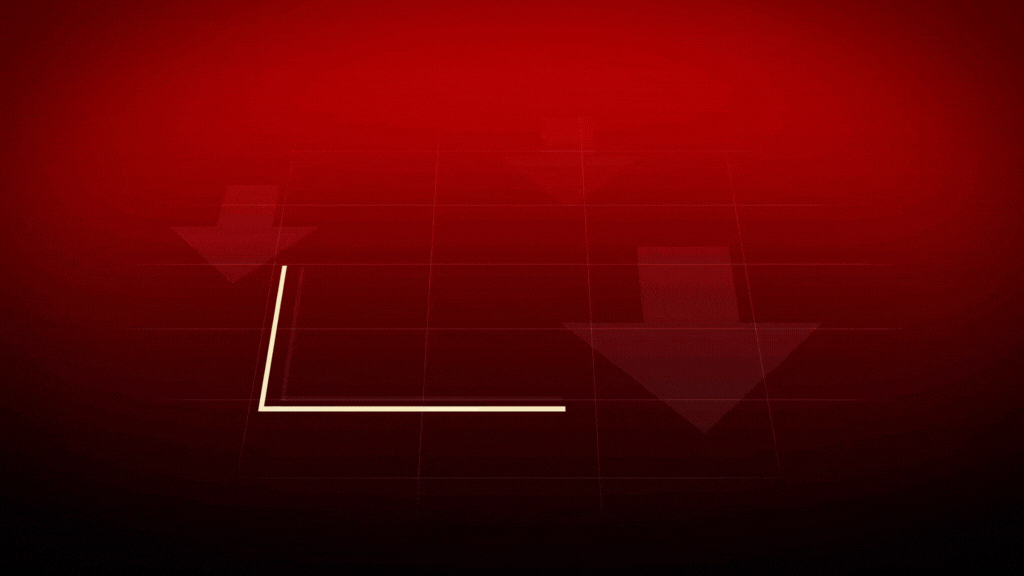How a Does Recession Help Drive Better Customer Service?
The Forever Wawa Hoagie
Have you received horrible customer service lately? If so, you’re not alone. Many of us have had our share of frustrating customer service experiences, especially post-pandemic. But what if I told you that a recession could actually improve this situation? It might sound counterintuitive but hear me out. A recession could reset corporations to prioritize customer service over profit margins and growth.
One evening this summer while driving rideshare, I stopped to charge my Tesla at a Wawa. It was dinner time, and naturally, I ordered a hoagie—because, well, it’s a Philly thing. But after 35 minutes, my Tesla was fully-charged, and yet my hoagie was still nowhere to be seen. Frustrating, right?
In the rideshare industry, time is literally money. I could have enjoyed my meal while my car charged, but instead, I found myself waiting and growing increasingly irritated. I couldn’t blame the employees because they were hustling and working their tail off. The issue lay with upper management, which had clearly decided to cut costs by scheduling fewer staff during peak hours. This decision not only affected the employees but also resulted in poor customer service, leaving me feeling undervalued and frustrated.
This experience got me thinking: what would make corporations focus more on providing a better customer service experience? The answer, surprisingly, could lie in economic downturns like a recession.
The Shift in Economic Priorities
When a recession hits, the landscape of business changes dramatically. Companies find themselves grappling with decreased consumer spending and increased competition for the limited dollars that are available. In such circumstances, it becomes clear that retaining existing customers is far more cost-effective than trying to attract new ones. This realization can drive businesses to enhance their customer service efforts.
During tough economic times, customers become more discerning. They are less likely to put up with mediocre service, and they expect value for their money. This shift pushes businesses to prioritize customer satisfaction. Companies that adapt by providing exceptional service can differentiate themselves from competitors, which is crucial when the consumer market shrinks.
A Focus on Customer Retention
In a recession, the mantra shifts from aggressive expansion to careful survival. Businesses begin to realize that every customer counts. They invest in training employees, improving processes, and enhancing the overall customer experience. The logic is simple: happy customers are more likely to return and recommend your service to others.
For example, a rideshare company that takes the time to address customer complaints and improve the driver experience—by opting for real customer service agents who speak the native language instead of AI chatbots—will likely see a rise in driver retention and customer loyalty. This approach creates a positive feedback loop where superior service translates to increased business, even in challenging economic conditions.
The Long-Term Benefits
While it might seem like a temporary fix, the focus on customer service during a recession can have lasting effects. Companies that cultivate a strong customer-centric culture may emerge from economic downturns stronger and more resilient. They build brand loyalty that extends beyond the recession, as customers appreciate and remember the businesses that treated them well during challenging times.
While waiting for that hoagie was far from enjoyable, it sparked a realization about the broader implications of customer service in the face of economic challenges. A recession, with its pressure on businesses to adapt, can lead to a renewed focus on what truly matters: the customer experience. So, the next time you find yourself frustrated with subpar service, remember that change is often driven by necessity—and sometimes, a little economic hardship can pave the way for better customer service in the future.

